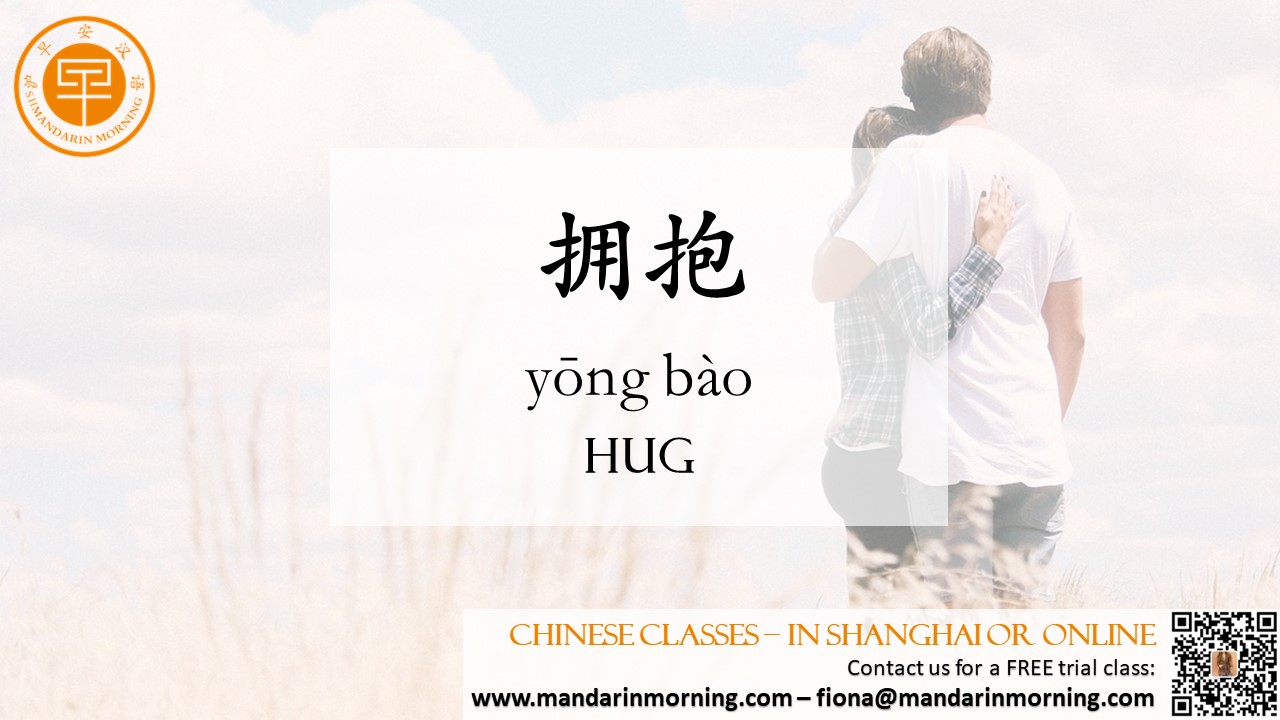| Whether you’re charming a Chinese speaker or wishing to sprinkle a dash of exotic allure into your love life, these phrases are your passport to fluently convey your emotions. This is part two of our article.  I like your smile 我喜欢你的笑容 Every love story has its cherished moments and details. Capturing one such detail, we have the phrase: 我喜欢你的笑容 (wǒ xǐhuān nǐde xiàoróng). This expression translates to “I like your smile.” Rounding out the phrase, 笑容 (xiào róng) beautifully captures the essence of “smile.” Appreciating someone’s smile carries undeniable magic. It’s more than just a compliment about a physical feature; it’s a nod to the joy, warmth, and unique personality behind that smile. I like your personality 我喜欢你的性格 When you’re drawn to more than just the physical traits of someone special, delve deeper with the phrase: 我喜欢你的性格 (wǒ xǐhuān nǐde xìnggé). This expression conveys, “I like your personality.” Now, introducing 性格 (xìnggé), which means “personality” or “character.” With this phrase我喜欢你的性格, you’re expressing admiration not just for what’s visible but for the core of who they are, creating an intimate bond that’s built on genuine affection and understanding. You stole my heart 你偷走了我的心 There are moments when our feelings flow with a poetic intensity. For such passionate instances, the phrase 你偷走了我的心 (nǐ tōu zǒu le wǒde xīn) beautifully captures this sentiment, translating to “You stole my heart.” In Chinese culture, as with many others, the heart symbolizes the core of one’s emotions. So, saying someone has “stolen your heart” is a profound testament to their impact on your life and feelings. My heart was stolen by you 我的心被你偷走了 The sentence 我的心被你偷走了 (wǒde xīn bèi nǐ tōu zǒu le) offers a more passive expression of affection, translating to “My heart was stolen by you.” This poetic phrase places the heart center stage, adding another layer to the rich tapestry of love expressions in Chinese. I’m yours 我是你的 When emotions run deep, and love knows no bounds, the phrase 我是你的 (wǒ shì nǐde) becomes a gentle surrender, translating simply yet profoundly to “I’m yours.” 我是你的 declares a heartfelt pledge, signaling that you are giving yourself, in all your entirety, to the one you adore, becoming theirs. We’re meant for each other 我们天生一对 Ever felt an intense bond, a connection so strong it feels destined? The phrase我们天生一对 (wǒmen tiānshēng yī duì) captures that emotion, expressing the sentiment, “we’re meant for each other.” Breaking down the sentence, 我们 (wǒmen) translates to “we.” 天生 (tiānshēng), a blend of “nature” (天) and “birth” (生), conveys an innate or natural quality. Lastly, 一对 (yī duì) signifies “a pair” or “a couple.” Together, 我们天生一对 doesn’t just communicate a perfect match. It speaks to a belief in destiny and an immediate connection. I love you 我爱你 In contrast to common usage in some cultures, the phrase 我爱你 (wǒ ài nǐ), translating to “I love you,” is often reserved for emotional arcs of dramas and films rather than in casual, everyday conversations within Chinese culture. As mentioned previously, in the cultural context, uttering this profound declaration isn’t taken lightly among many Chinese individuals, especially in the blossoming stages of a relationship. Thus, saying 我爱你 is often more suitable for a relationship that has weathered various challenges, embodying a stable and resilient love that has been tested and affirmed over time. I love you from the bottom of my heart 我是真的爱你 When your emotions run deep and words like “I love you” might not fully encompass the depth of your feelings, the phrase 我是真的爱你 (wǒ shì zhēnde ài nǐ) adds an extra layer of sincerity and intensity, translating to “I love you from the bottom of my heart” or “I truly love you.” 我是真的爱你 is often used in a context where one seeks to affirm their genuine love, possibly in a situation where love might be in doubt or where one wants to reassure their partner of the authenticity of their feelings. |